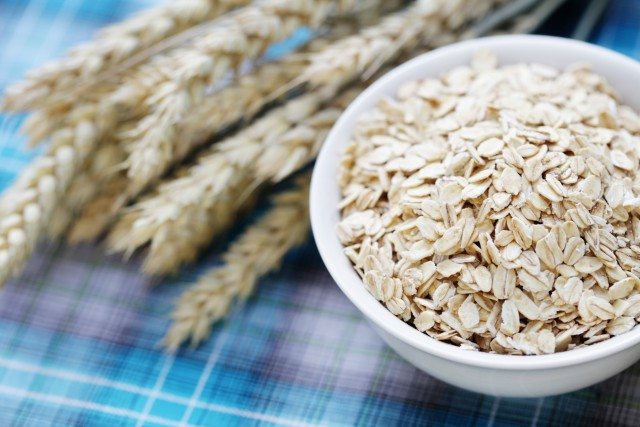Some Asian organic food markets are reporting double-digit growth rates, with regional sales poised to reach US$10 billion in the coming years, finds Ecovia Intelligence.
Two of the fastest growing markets for organic products are in China and India.
The growing awareness of organic production methods and rising disposable incomes are fueling demand for organic and sustainable foods.
Concerns about food safety and quality appear to be the main motive for consumer purchases in Asia.
The Chinese market has expanded significantly in the last decade partly because of the high incidence of food scares, such as rotten meat, sewage oil, and contaminated beef and pork.
The melamine scandal – which involved dairy products and infant formula adulterated with the industrial chemical – has had most impact.
China now has the largest market for organic infant formula products in the world, worth about US$200 million.
Like China, a burgeoning middleclass in India is willing to pay a premium for organic foods perceived to be healthier and safer than conventional foods.
The announcement by the Indian government recently of a common organic logo and domestic regulation is expected to boost consumer confidence in organic products.
India already has the highest number of organic producers in the world at 585,000.
In 2016, a major milestone was reached when Sikkim became the first 100% organic state in Asia.
High growth in the Asian organic products market is attracting investment.
Inner Mongolia Shengmu High-Tech Dairy Company, the largest organic dairy company in China, became publicly listed in 2014.
An organic food enterprise in India, Sresta Natural Bioproducts, is partly owned by the investment firms Peepul Capital and Ventureast.
It sells over 200 organic products under the Mantra Organic brand in its domestic market, as well as exports to international markets.
Ecovia Intelligence expects more such investment in the coming years.
North America, the region with the premier organic products market, has seen many dedicated organic and natural food companies ‘swallowed up’ by large enterprises.
Whole Foods Market was for example bought by Amazon for US$13.7 billion earlier this year.
Prior to that, the multinational Danone acquired Whitewave Foods for a similar fee.
Recently, Unilever purchased Pukka Herbs (UK) and Mãe Terra (Brazil).
With the regional organic products market poised to show high growth, Asian companies could be hot pickings for investors and large food companies.










